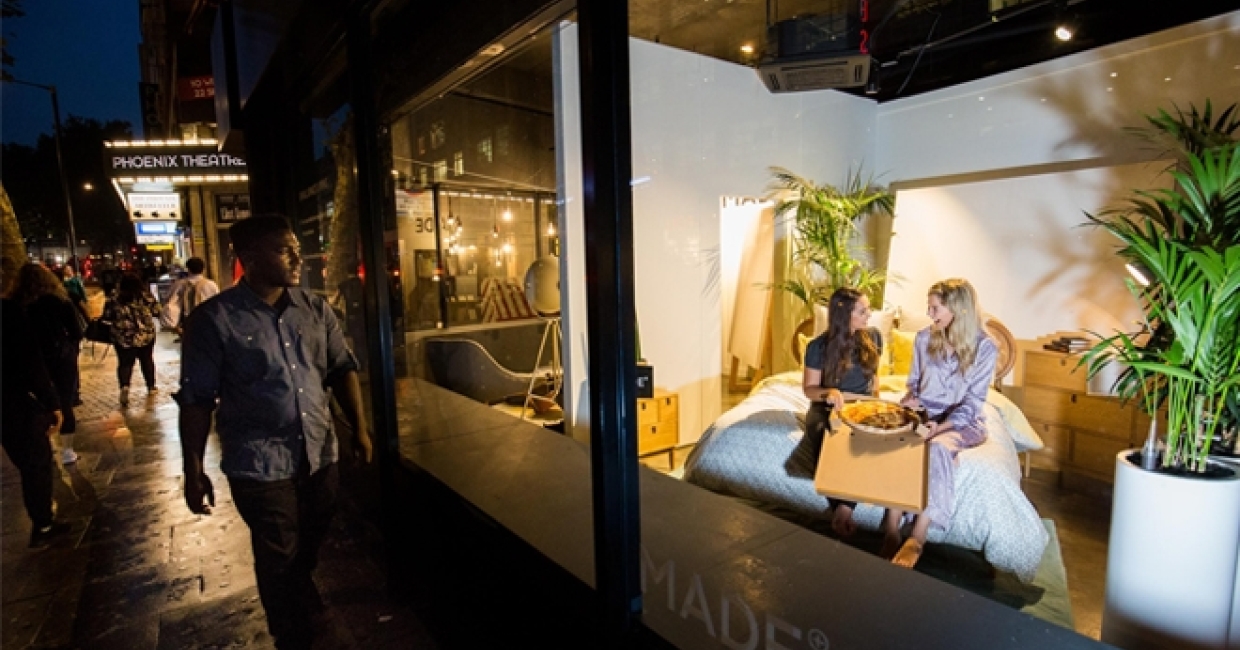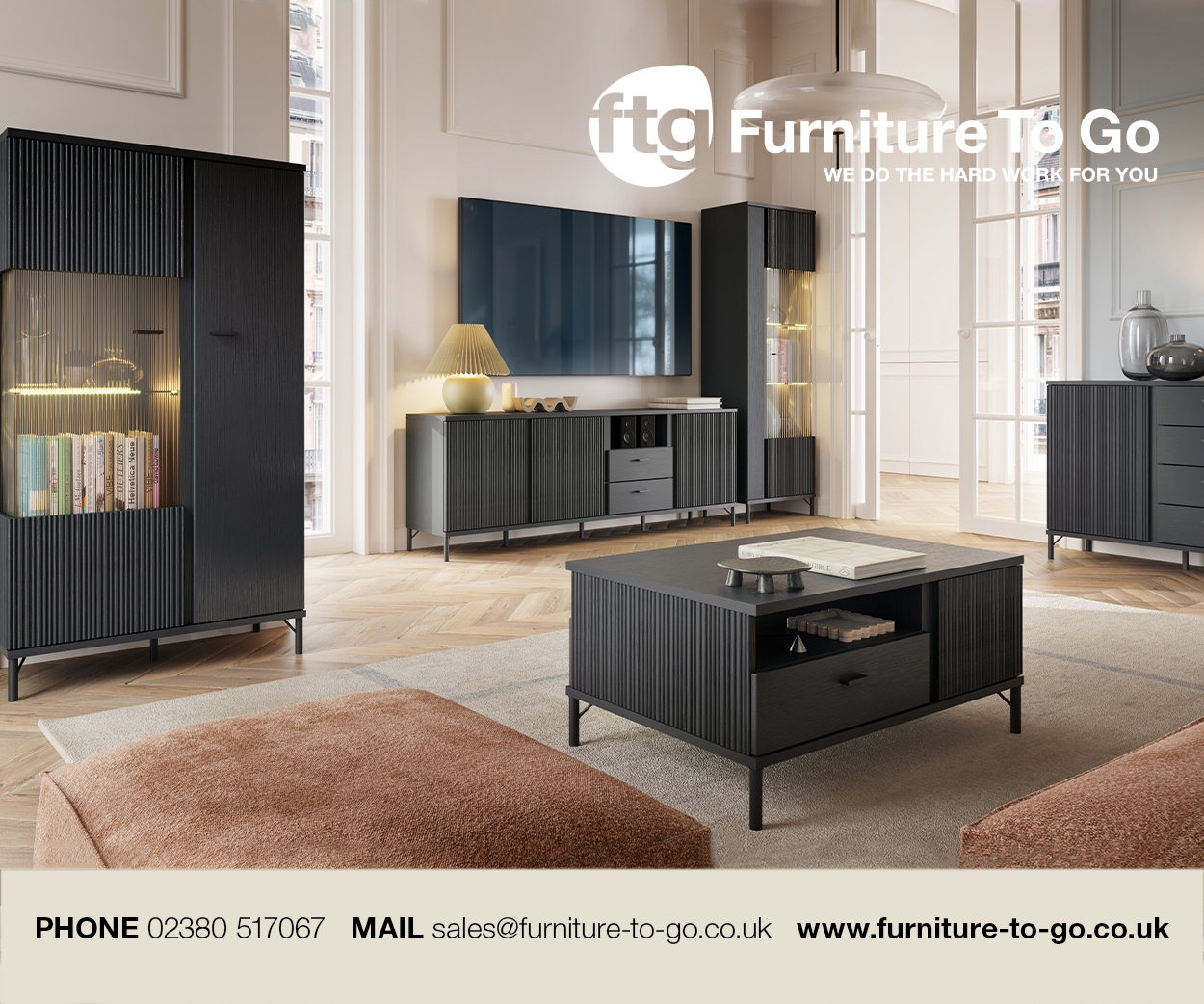John Tuton is the founder and MD of Mammoth Technologies, which specialises in medically-researched beds and seating. The company claims that its mattresses can genuinely improve sleep – a statement supported by evidence from scientific research conducted by Professor Jason Ellis at the Northumbria University Sleep Laboratory – and its British-designed mattresses are firmly positioned within the mainstream retail market. John also guest lectures at Newcastle University’s school of biosciences.
How did you enter the trade?
I was a business development manager within the medical beds and seating sector. Following a crippling rugby injury, which left me immobile and unable to sleep properly, I developed a new domestic mattress concept using the superior medical grade foam used in healthcare – and the Mammoth brand was born!
Who was your inspiration?
James Dyson has to be pretty high up there. His ergonomic designs, constant product innovation and market positioning continue to inspire me.
What was your career high point?
Winning the outstanding growth category in the North of England Biomedical Awards last year. This was a firm acknowledgement of Mammoth’s effective research and development in producing medically-beneficial mattresses and pillows for the furniture trade – not just traditional healthcare.
… and low point?
Paying the mortgage on my credit card after all our savings had gone in the early years of the business.
… and the turning point?
Receiving venture capital. This took the business from selling five mattresses per month to over 50 in a flash, and without having to deliver them myself. I finally had a stable foundation to build on.
Describe a typical working day
It varies from day to day. One minute I can be working closely with sales agents at our key retailers. Then I’m at a premiership rugby or football club, and next I’m thinking about developing new products and marketing communications.
If you had to start over, you’d probably pursue which career?
I’d be doing exactly what I’m doing now.
What date on the business calendar do you most look forward to?
The first Tuesday of February, so that I can look at January’s sales figures!
What is the most important issue affecting your business right now?
Within the marketplace, I would say ensuring that we can differentiate our product from the superficially similar. It’s important to be truthful and not be tempted to embellish the facts. Internally, making the most of my resources and how they are allocated.
What company do you most look up to?
My manufacturing partner – The Foam Company Ltd. It’s great to be involved in a well-respected British manufacturing business. The chairman (Chris Nash) and MD (his son, Mike Nash) share my quality values – not just in terms of product, but also customer service. Our two companies align perfectly.
What would you most like to change about yourself?
My wife would tell me I am not good at reflecting. I sometimes struggle to live and enjoy the moment as I continue to visualise where I am going and where I want to be. It can make me seem somewhat distant at times.
What do you enjoy most about working in the trade?
There are some great people in the trade. A lot of companies are family owned and this reflects in the caring and close nature of different businesses. It’s a far cry from the global corporate medical sector consisting mainly of giant organisations. Quite often, the personal touch goes missing.
Leave us with an industry anecdote please!
Back in the day in healthcare, I encountered a gravely ill paraplegic patient who was bed bound, with little independence and dignity. In addition to a chronic mental illness, the patient had a grade-four pressure ulcer and, given the infection risk, the survival outlook was poor.
The company I worked for had developed a pressure-relieving mattress and seat, and the claimed benefits were supported by proper research. Although this appeared to be convincing I had not yet experienced the results in practice.
With the support of the patient’s medical team, we supplied the mattress and seat, and 10 weeks later I visited to see how the patient was getting on. The ulcer that had been bigger than my fist, and down to the bone, had completely healed. For the first time in over three years the patient’s family could take her out on day trips, and her wellbeing and quality of life was transformed.
From that day I knew two things: for the rest of my career I wanted to keep working in an industry where product benefits could have a huge positive effect on people’s lives; and British medical design and research not only works, but when done properly, is world leading.
Whether it’s an Olympian achieving gold, a one-on-one consultation with Stephen Hawking, or relieving back pain for a teacher, Mammoth products continue to make a real difference. Why would I want to be doing anything else?







